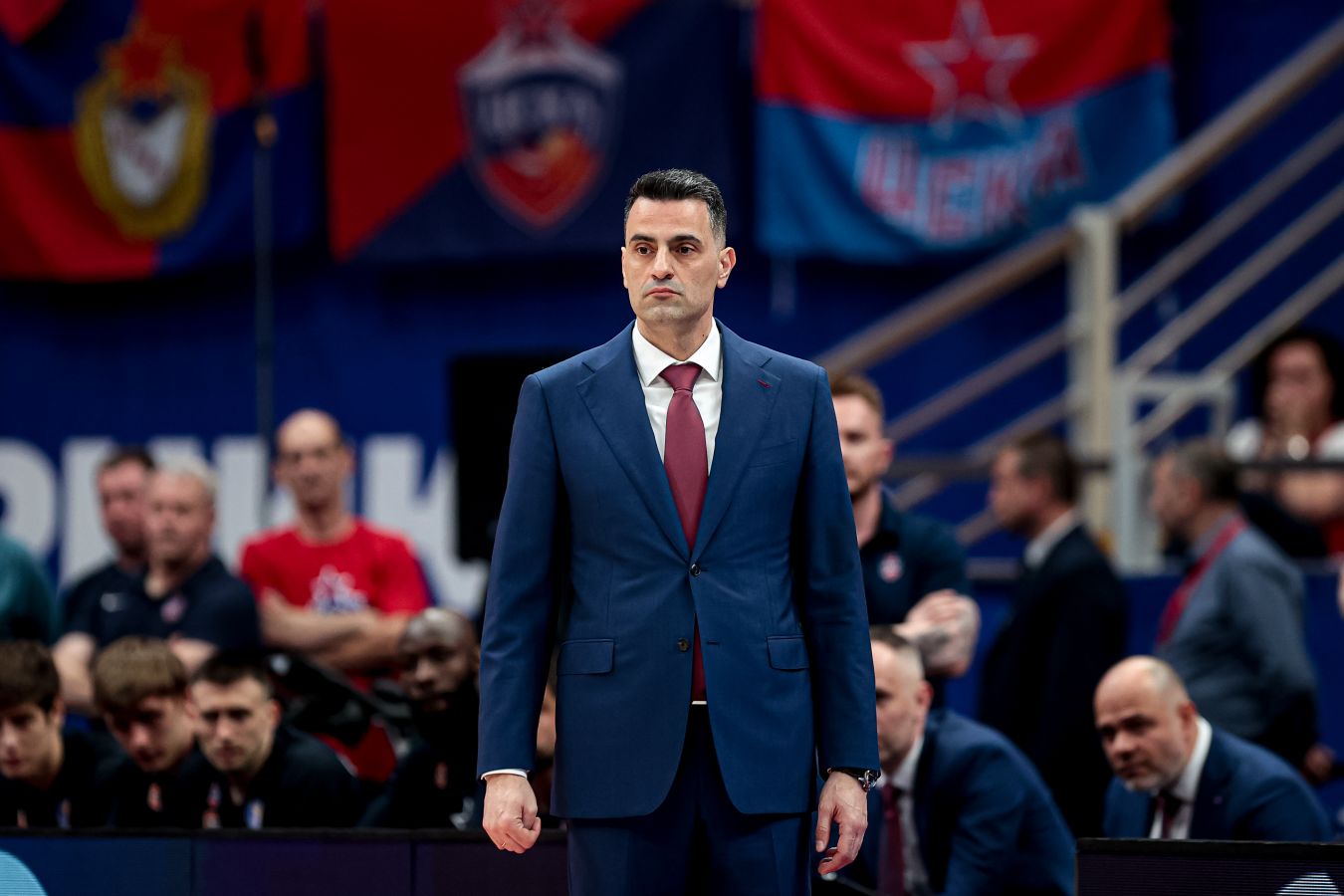Members of the Metropolitan Police may soon be required to inform their superiors if they belong to the Freemasons.
The largest police force in the UK has initiated a consultation process regarding the inclusion of the Freemasons in its policy on declarable associations.
Being a Freemason involves taking an oath of allegiance to the organization’s values and offering support to fellow members.
At present, the Metropolitan Police does not maintain records on the number of officers who are Masons, and has never prohibited their membership. However, concerns have emerged from both officers and staff regarding the potential effects of such affiliations on “investigations, promotions, and misconduct matters.”
Current examples of associations that need to be declared include individuals with criminal records, those dismissed from law enforcement, and professionals in legitimate fields such as private investigation or journalism.
Police personnel are already obliged to disclose any connections with individuals or organizations that could undermine their integrity or harm the reputation of the force.
This initiative was suggested by the Daniel Morgan Independent Panel, which scrutinized the police’s response to the unresolved murder of private investigator Daniel Morgan.
Morgan, a father of two, was brutally murdered in 1987 with an axe in the Golden Lion pub parking lot in Sydenham, southeast London.
Numerous investigations over the years have revealed allegations of corruption.
The 2021 report indicated that police officers’ affiliation with the Freemasons had been a “source of ongoing suspicion and distrust” during investigations.
Freemasonry is a centuries-old fraternal organization with approximately six million members globally, including more than 200,000 in England and Wales.
Its origins can be traced back to medieval stonemason guilds, and members continue to gather in “lodges” for secretive initiation rites and ceremonies inspired by allegories such as the construction of King Solomon’s Temple.
For 200 years in England, Freemasonry was exclusively male. This changed in the 20th century, though many lodges remain designated for either men or women.
Members of the Freemasons don symbolic aprons and advance through different membership degrees, with the term “giving someone the third degree” deriving from its final initiation stage.
The organization portrays itself as dedicated to camaraderie, ethical growth, and charitable endeavors, and is one of the largest contributors to charity in the UK.
Notable past members include Winston Churchill, Arthur Conan Doyle, and Oscar Wilde.
London’s mayor, Sir Sadiq Khan, who sets the strategic direction for policing in the city, has previously dismissed the idea of mandatory Freemason registration within the Metropolitan Police, citing potential conflicts with officers’ human rights.
Met Commander Simon Messinger stated, “We are currently consulting on the proposal to incorporate involvement in Freemasonry—and possibly other organizations that may cast doubt on impartiality or create conflicts of loyalty—into that list. We are eager to gather feedback from our officers and staff.”
He clarified that officers would still be permitted to join the Freemasons or similar groups but would be required to inform their superiors.
“Enhancing the trust that both our personnel and London’s communities place in the Met is fundamental to our New Met for London strategy,” he emphasized.
Senior officers are set to engage in discussions about this proposed policy revision with the United Grand Lodge of England, the governing body of Freemasonry in England and Wales.
The Metropolitan Police also noted that it has one of the most rigorous entry vetting procedures in UK policing, with refusal rates more than doubling from 5% in 2020-21 to 11% in 2023-24.

